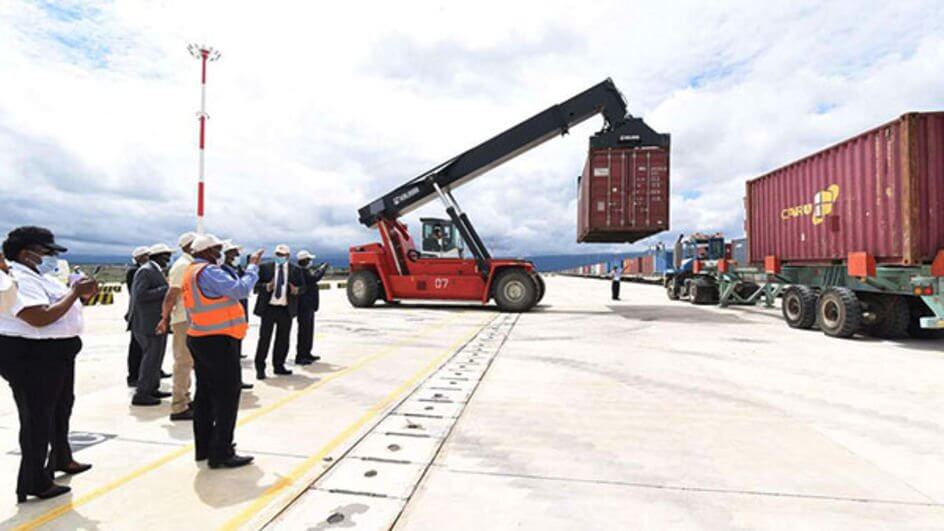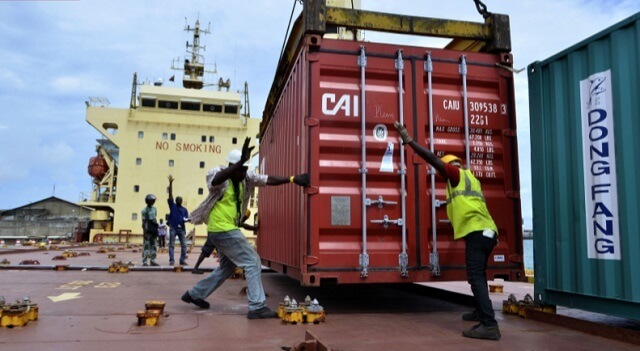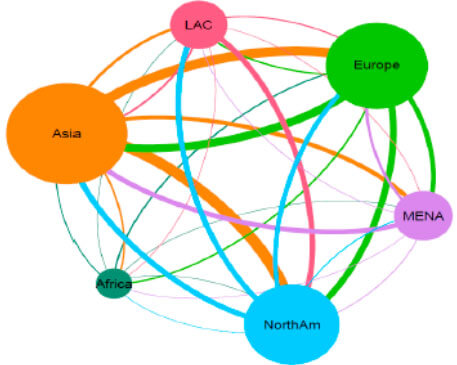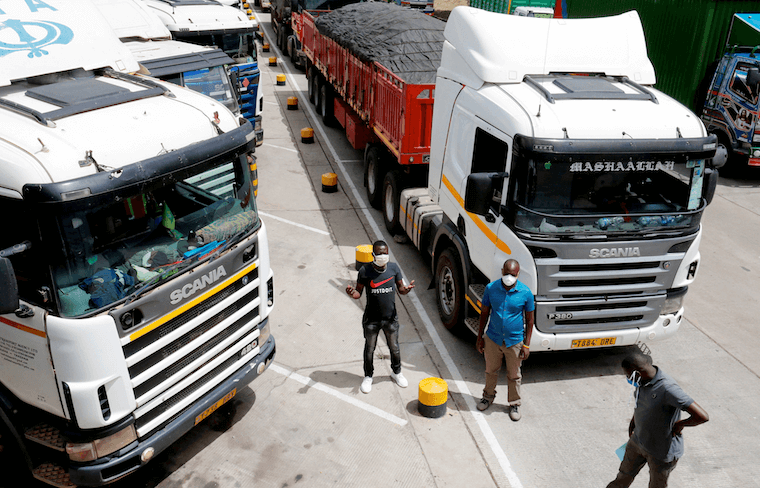Uganda has refused to budge on its opposition to mandatory use of the Naivasha Inland Container Depot as directed by Transport Cabinet Secretary James Macharia. This is even as Covid-19 infections among truck drivers soar. Last week, Kenya announced Naivasha dry port as the transshipment centre for all transit cargo. This was one of the measures it said would help contain spread of the virus. Covid-19 testing numbers for Mombasa obtained by Saturday Nation show that over 200 truck drivers are among the 653 positive cases recorded by the county, a 30 per cent share, showing how fragile the situation is for the transport and logistics sector. Since May 30, more than 60 drivers have tested positive for the coronavirus in Mombasa, as the government plans to start targeted mass testing for an estimated 2,500 drivers. On Thursday, Uganda, which is the Mombasa port’s biggest customer, said Kenya should suspend compulsory evacuation of cargo direct from Mombasa to the Naivasha Inland Container Depot (ICD) since the facility is not ready for use and has no basic amenities to facilitate trade. Uganda’s Minister for Works and Transport Gen Edward Katumba asked Mr Macharia to rescind his decision and address issues raised by transporters before implementing the directive. “I would like to reaffirm the Uganda government’s commitment to use the Naivasha ICD in the spirit of regional integration. On the other hand, I would like also to reaffirm that the findings of the technical team in their visit to the ICD need...
Uganda sustains opposition to order on truckers’ use of Naivasha dry port
Posted on: June 12, 2020
Posted on: June 12, 2020





















